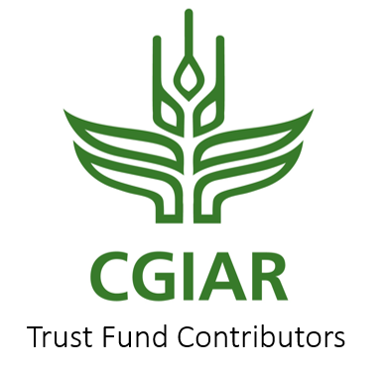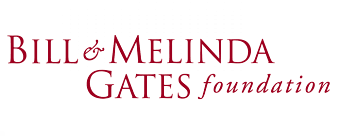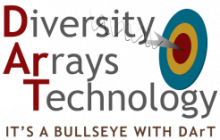NOTE: Due to COVID-19, EiB's 2020 Annual Meeting has been postponed. Please join us Nov. 10-12 for EiB Virtual Meeting 2020: Sharing Excellence
-----
EiB Annual Meeting 2019
What does an efficient, effective and client-oriented modern breeding program look like?
With the center improvement plans introduced in 2018 now underway, we wish to use this opportunity to develop a consensus definition of the modern breeding program including components, structures and functions. We will then define a roadmap going forward, defining roles, responsibilities, EiB and Crops to End Hunger support to the CGIAR breeding program modernization process.
Agenda
Final agenda and event info (pdf)
Day 1
Day 2
Day 3
Venue information
Steigenberger Airport Hotel Amsterdam
Stationsplein ZW 951
1117 CE Schiphol-Oost/Amsterdam
Netherlands
+31 20 5400-777
Ground floor and meeting room map
Getting to the hotel from the airport
A free airport shuttle service is located at the bus stop number A9, directly outside arrivals at Schiphol Airport on the right hand side. You just have to follow the yellow sign with "Hotel Shuttle Bus Stops" and you will end up at the right Bus stop, named Steigenberger.
Transfer times
From the hotel to Schiphol Airport the first shuttle departs at 6:00 am and the last shuttle will depart at 11:30 pm.
From Schiphol Airport to the hotel the first shuttle departs at 6:15 am and the last shuttle will depart at 11:45 pm.







